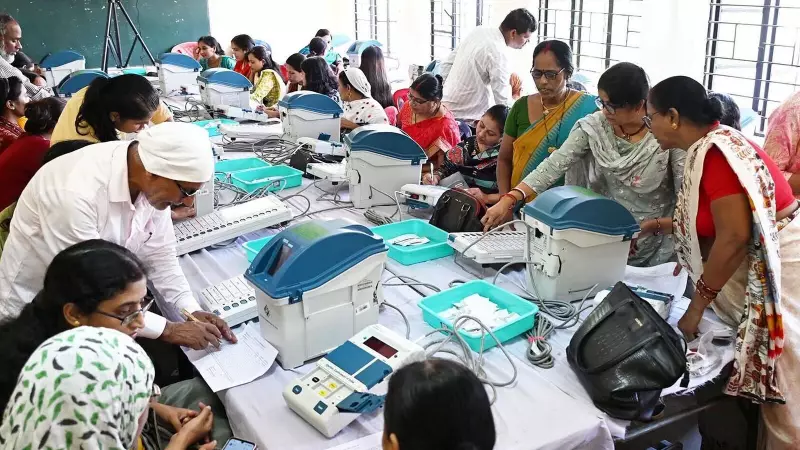
In a remarkable fusion of democracy and environmental consciousness, one Indian Administrative Service officer is rewriting the rulebook for conducting elections. Meet Anunaya Jha, the visionary bureaucrat who's turning the world's largest democratic exercise into a shining example of sustainability.
The Green Election Revolution Begins
While most people associate elections with paper waste, energy consumption, and environmental neglect, Jha saw an opportunity for transformation. As the Chief Electoral Officer of a prominent Indian state, he has pioneered what many are calling the "Green Election Model" – a comprehensive approach to making electoral processes environmentally sustainable.
Innovative Eco-Friendly Initiatives
Jha's green election framework includes several groundbreaking measures:
- Digital Transformation: Massive reduction in paper usage through digital voter rolls and electronic communication
- Sustainable Materials: Replacement of plastic with eco-friendly alternatives for election materials
- Energy Efficiency: Solar-powered polling stations and energy-conscious election operations
- Waste Management: Comprehensive recycling systems for election-related waste
- Green Awareness: Environmental education integrated into voter outreach programs
From Traditional to Transformational
What makes Jha's approach particularly remarkable is how he's managed to balance electoral integrity with environmental responsibility. "Many thought green initiatives would compromise election security," Jha explains, "but we've proven that sustainability and smooth electoral processes can go hand in hand."
The officer's background in environmental studies and his passion for sustainable development have been crucial in designing these innovative election protocols. His methods have not only reduced the carbon footprint of elections but have also inspired other states to adopt similar practices.
Measurable Environmental Impact
The results speak for themselves. Under Jha's leadership, election processes have seen:
- Significant reduction in paper consumption through digital alternatives
- Elimination of single-use plastics from election materials
- Decreased energy consumption through optimized polling station operations
- Enhanced public awareness about environmental conservation
A Blueprint for Global Democracy
Jha's work has attracted attention beyond India's borders. Election officials from other democracies are studying his methods as a potential model for making their own electoral processes more environmentally friendly. The initiative demonstrates how large-scale public events can be organized without compromising ecological values.
"This isn't just about making elections green," Jha emphasizes. "It's about showing that every aspect of governance can and should be environmentally conscious. If we can make the massive exercise of Indian elections sustainable, we can apply these principles to any governmental process."
The success of these green election initiatives marks a significant step toward India's broader environmental goals while setting a powerful precedent for democracies worldwide. As climate change concerns grow, Jha's work offers a hopeful vision of how democratic institutions can lead the way in environmental stewardship.





